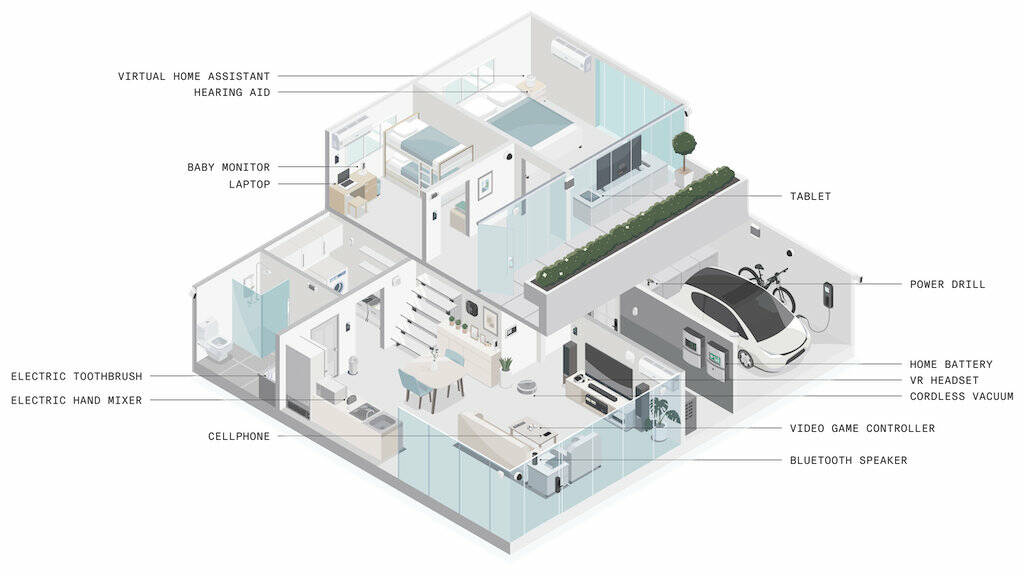What do you do with electronics when you no longer need them?
You could try to sell them, or toss them — but that can be complicated for those that use lithium-ion batteries.
According to the US Environmental Protection Agency, electronics that use these batteries are mostly considered hazardous waste, as they can combust if not handled properly. So instead of throwing them away, the EPA recommends recycling the batteries instead.
There are limited ways to recycle these batteries, though, since the nearest King County hazardous waste disposal location in is Auburn, and only on weekends.
However, the Enumclaw Rotary Club is joining forces with 11 other clubs and Redwood Materials to host a recycling event to make this easier for local residents, so if you’d like to empty that junk drawer or finally get rid of that obsolete tech, bring your items down to the Enumclaw Use Again Store (2032 Garrett Street) to recycle them on Saturday, April 20, from 10 a.m. to 3 p.m.
Lithium batteries are a common household item, even if you’re not aware of it: call phones, laptops, and tablets use them, but so do electric toothbrushes, power tools, wireless headphones, e-cigarettes, children’s toys, and some some and carbon monoxide detectors are just a few more on that list.
Please note that this event is only for rechargeable devices — if the device requires a plug-in, like printers, copiers, and TVs, they will not be accepted at the collection site.
Additionally, while it can be easy to remove some batteries from the devices, it’s not that simple as others, so you can bring the whole device if necessary — just make sure to get rid of any personal data beforehand.
Finally, if you don’t know if an item uses a lithium battery, check the electronic’s instruction manual or look for the words “Li-ion” near the battery case.
WHY RECYCLE?
Beyond the fact that lithium-ion batteries are considered hazardous materials that might catch fire if they’re recycled improperly, there’s also the issue of general sustainability.
According to the EPA, recycling lithium batteries means reducing the need to continue mining for the minerals that make up the battery (like nickel to cobalt and, of course, lithium).
“When a battery is thrown away, we lose those resources outright — they can never be recovered,” an EPA webpage about lithium batteries reads. “Recycling the batteries avoids air and water pollution, as well as greenhouse gas emissions.”
That might sound elementary, but the difference between how many batteries could be made from new materials versus recycled materials is large. According to the U.S. Department of Energy Vehicle Technologies Office, one ton of battery-grade lithium can come from 28 tons of recycled lithium-ion batteries, or 250 tons of ore (plus 750 tons of brine).
The story is same with making a ton battery-grade cobalt, which can be produced with between five to 15 tons of recycled lithium batteries or 300 tons of ore.


